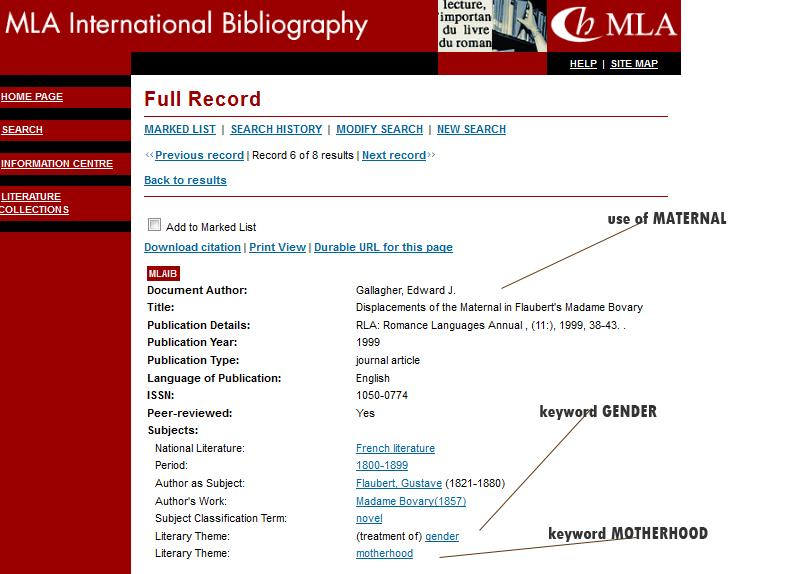French 12
culturelles françaises et francophones
Pamela Harris
Modern Literatures & Languages Librarian
what these slides are all about:
how to actually find the articles and books
that you need: a tale in three parts
part one
finding relevant articles and books
[or chapters in books]
there are three parts to finding the scholarly
articles and books that you need
-
information resources
e.g. JSTOR, Tripod
-
terms
e.g. Madame Bovary, maternité
-
advanced search tools
e.g. (mother* OR matern*), "Madame Bovary"
expand your horizon beyond the familiar . . .
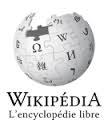
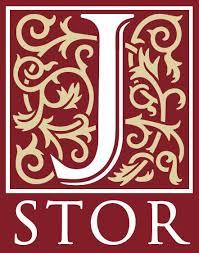

different databases and catalogs allow you to
find different kinds of sources
Tripod, WorldCat and Google Scholar
books and articles from various academic disciplines
JSTOR, Project Muse and ProQuest
journal articles from various disciplines
LION and MLA International Bibliography
articles and books from modern languages &
literatures, linguistics and folklore
find links to these valuable resources from Tripod's
RESEARCH GUIDES
part two
the power of brilliant search terms
- what are synonyms and related words for your topic
e.g. maternité, motherhood, adultery, infidélité
- do scholars refer to your topic using particular language? what is that language?
e.g. sexuality, gender identity, feminism
- what are the linguistic, regional or cultural variations of your topic? are you searching with both english and french?
for example, let's say you are interested in Emma Bovary's disinterest in baby Berthe. Is she the 19th century equivalent of a desperate housewife? You could combine the following terms:
maternité, motherhood
féminisme, feminism
mother-daughter relations
la bourgeoisie, middle class
the next slide is a screen capture from the MLA International Bibliography.
which terms would have helped you to find this article?
consider the difference it would make if you are searching the title, the abstract or the full-text of a database.
what aspects of madame bovary are of interest to you? reflect on possible keywords, in french and english, synonyms, broader and narrower terms.
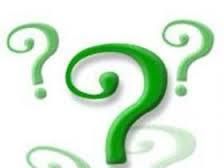
once you have a list of keywords you can learn to combine them using wildcards, advanced search features and "database" logic - in part three.
part three
use advanced search tools
to combine your terms effectively
phrase searching
(narrows your results)
if you search gender stereotypes in Tripod you'll find books
and articles that containing those two words
if you search "gender stereotypes" (in double quotes)
in Tripod you'll find books and articles with
those words in that exact order
truncating
(expands your search)
in many databases searching for matern* will return results for
maternal, maternity and maternité
google automatically does this!
boolean searching
(pulls it all together)
example: "Madame Bovary" AND (matern* OR mother*)
remember algebra class and the order of operations?
the above example uses boolean logic by searching for
the items in parenthesis first.
let's review . . .
1. find books and articles:
select the databases that work best for your research (start with Tripod and LION - for more ideas look on the french 12 research guide)
2. brilliant search terms:
before you search come up with a list of search terms (do you get the same results in JSTOR and Google Scholar as you do in Tripod and LION?)
3. advanced search tools:
use advanced search tools to get better results
head of research & instruction
mccabe library
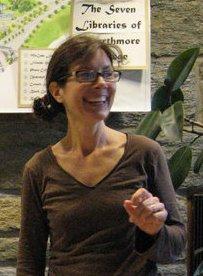
pharris1@swarthmore.edu
office hours (mccabe research & information desk)
tuesdays 3-5pm; wednesdays 3-5pm
other times by appointment - email to schedule
French 12
By pharris1
French 12
- 1,428
